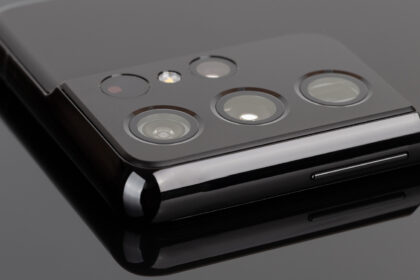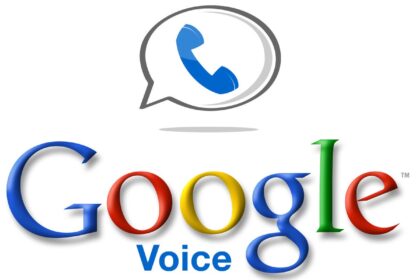In the second edition of the Google Annual Health Event-EXAMINATION-EDUCATION sharing the main developments about health-centered initiatives. While the event saw a team from all Google’s sharing data from the main developments in the health sector, the most interesting update came from the Google Fitbit team. A blog post that repeated the event revealed that Fitbit had sent a passive heartbeat monitoring algorithm that was just developed to the administration of US food and medicines to be reviewed. Fitbit confirmed that this algorithm was developed based on data collected from adults who agreed to large -scale virtual health studies that stamped the Fitbit heart study.
Google said that more than half a million people participated in this study help Google test the AFIB (Atrial Fibrillation) PPG (Phottlethysmography) algorithm. This algorithm allows the fitbit device to passively record heart rate data and look for possible warning signs. The aim is to develop an in-house early warning system for fitbit. This system tends to be similar to what we have seen on Apple Watch, which has saved thousands of lives. Apart from the FDA, the results of the study were also presented at the meeting of the American heart association, with Fitbit claiming that the algorithm showed a success rate of 98% in detecting unpiagnosed afibs.
Is this fitbit update too little, too late?
In contrast to Apple Watch, which can passively check irregular heart rhythms without constant user input, Fitbit currently has no this ability. All heart rhythm data collected on a fitbit device is taken after the user decides to read. This is precisely what the newly developed algorithm wants to change. Post-FDA approval, the fitbit device will approach Apple Watch in terms of passive heart monitoring capabilities and provide the ability that is needed to send warnings in the event of atrial fibrillation.
With Apple devices that seem to have this ability for centuries now, is this the case of Google doing things that are a bit late? The market will eventually make the decision but we believe that all progress in technology that has the potential to save lives must be encouraged. On the other hand, it is likely that some people will be a little skeptical about submitting data related to health to companies such as Google.





